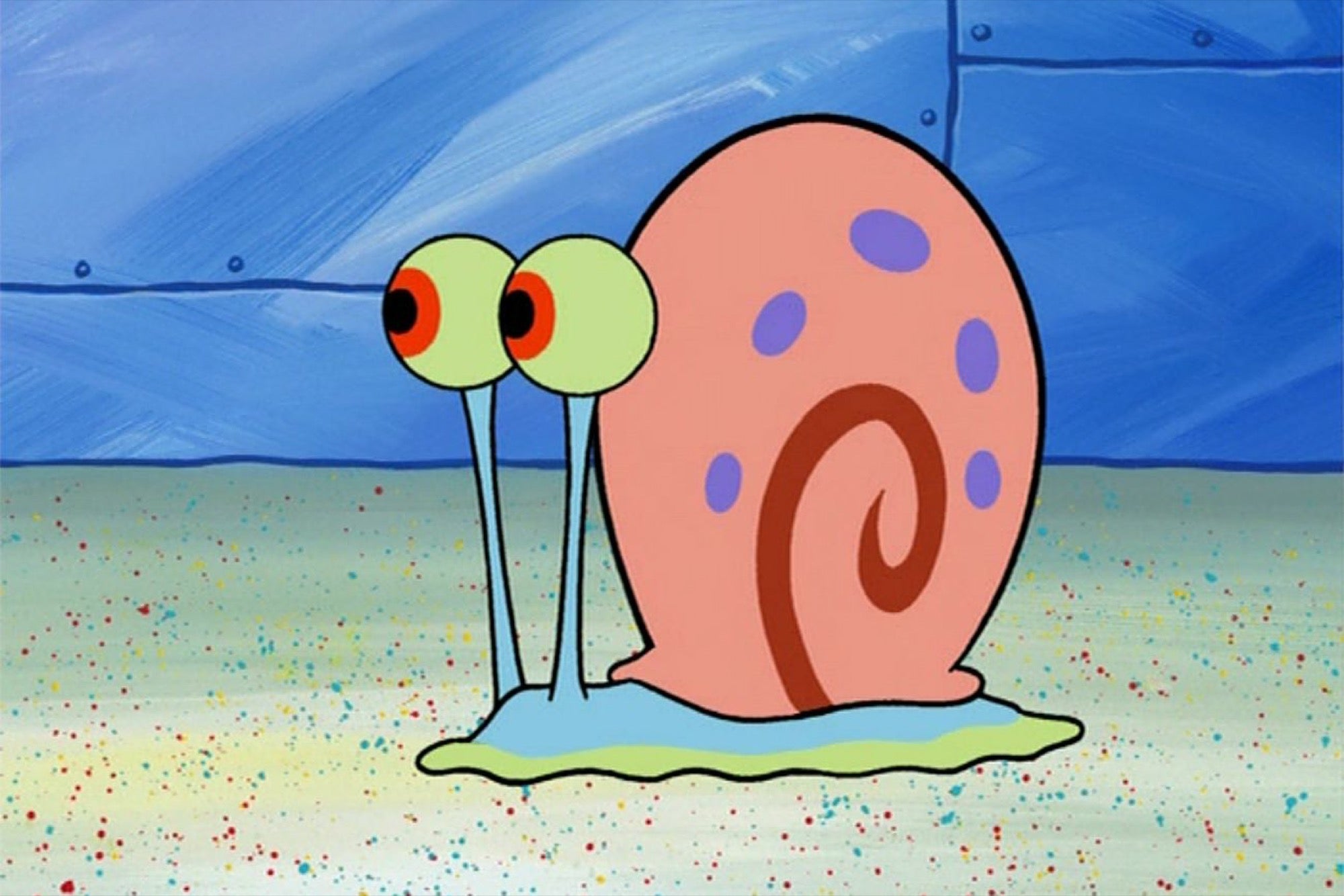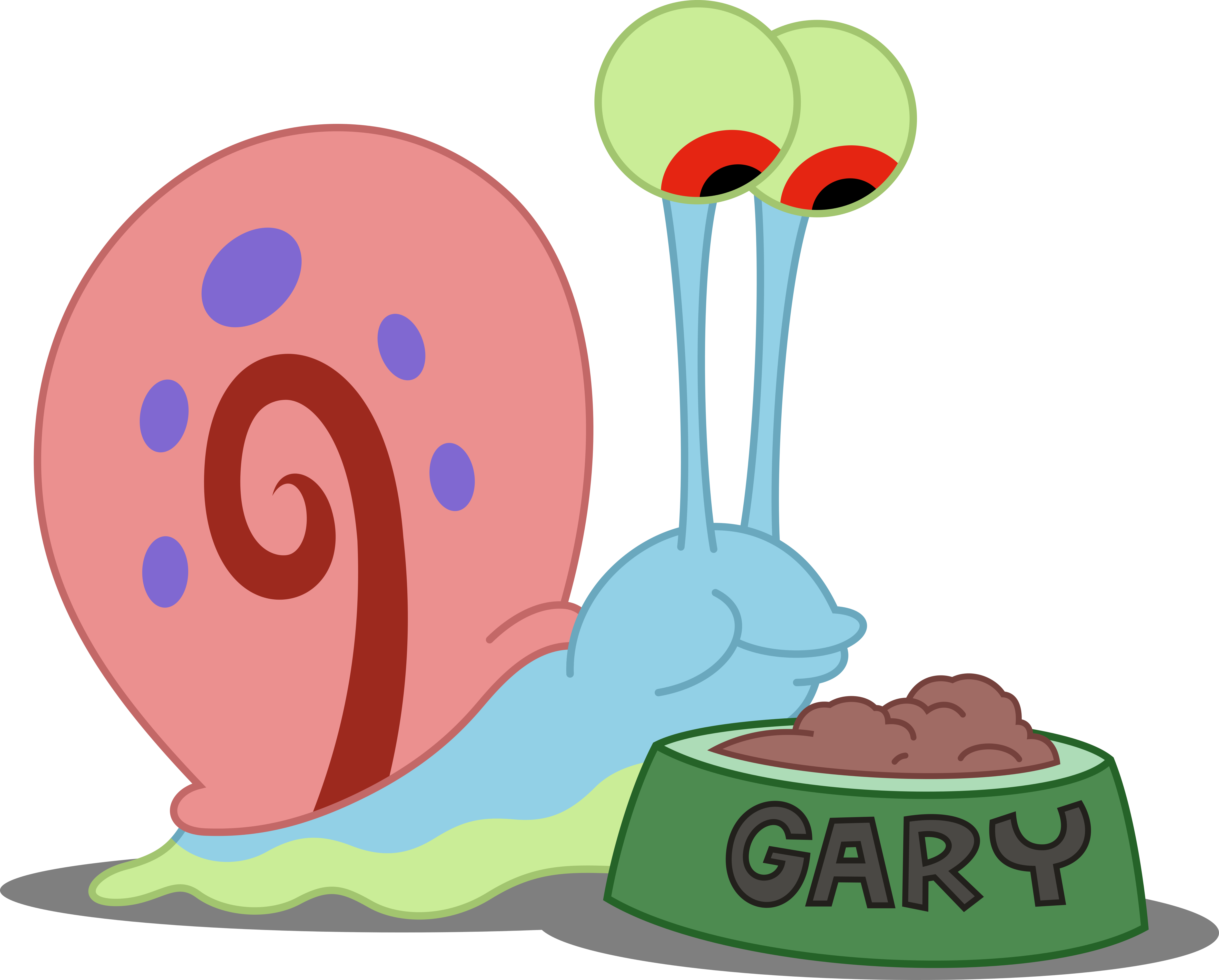When an actor of Gary Oldman's standing takes on a role as demanding as Krapp in Samuel Beckett's "Krapp's Last Tape," it's certainly something that gets people talking. This play, a single-character piece, truly puts an actor's skill to the test. It asks for a deep look into human loneliness and memory, and it offers a chance for a performer to truly make the stage their own. People often wonder how such a well-known screen presence translates to the quiet intensity of live theatre, especially with a work that is, you know, so stripped down.
This particular production, with Gary Oldman at its center, naturally drew a lot of attention. Audiences and critics alike were very curious to see how he would approach a character who is, in a way, just a man sitting alone with his thoughts and old recordings. It's a play that explores regret and the passage of time, and it relies so much on the actor's ability to convey a whole life through small actions and spoken words. So, there was a real buzz around what he would bring to this classic work.
For anyone interested in powerful stage performances or, frankly, the enduring power of Beckett's writing, a deep look at Gary Oldman's portrayal of Krapp is a must. It's about more than just seeing a famous face on stage; it's about seeing an artist grapple with a challenging text and, in some respects, try to make it his own. The way he handles the quiet moments, the pauses, and the sudden bursts of emotion can tell us a lot about his craft and the play itself. This kind of stage work, you know, stays with you.
- Gary Oldman Ethnicity
- Bryan Cranston Father
- Joaquin Phoenix Im Still Here
- Harrison Ford Jackie Robinson
- Tom Hiddleston Hairline
Table of Contents
- Gary Oldman: A Brief Biography
- Krapp's Last Tape: A Play of Memory and Regret
- The Performance: Gary Oldman's Krapp
- The Stage and Atmosphere
- Why This Performance Matters
- People Often Ask...
- Conclusion: A Lasting Impression
Gary Oldman: A Brief Biography
Gary Oldman, whose first name, Gary, is a common English given name, quite possibly stemming from the Old Frankish 'Geiserich,' and it's also the name of a city in Indiana, which is, you know, near Lake Michigan, about 25 miles from downtown Chicago, has built a truly remarkable career. He is an actor who has shown a wide range in his work, moving easily between very different kinds of roles. From intense villains to historical figures, he has often transformed himself completely for his parts. This ability to disappear into a character has made him a favorite with many people who watch movies and plays.
He first made a name for himself with some very strong performances in British films. Then, he crossed over to Hollywood and continued to take on parts that really stood out. His acting style is, in a way, very physical and also deeply emotional. He has a way of showing the inner life of his characters, even when they are saying very little. This talent, it's almost like a superpower, has earned him many awards and a lot of respect from others in the acting world. He is, truly, a master of his craft, and that is that.
Personal Details and Bio Data
| Detail | Information |
|---|---|
| Full Name | Gary Leonard Oldman |
| Born | March 21, 1958 |
| Birthplace | New Cross, London, England |
| Occupation | Actor, Filmmaker, Musician |
| Notable Roles (Film) | Sid Vicious in "Sid and Nancy," Dracula in "Bram Stoker's Dracula," George Smiley in "Tinker Tailor Soldier Spy," Winston Churchill in "Darkest Hour" |
| Notable Roles (Stage) | Krapp in "Krapp's Last Tape," various roles at Royal Court Theatre and Royal National Theatre |
| Awards | Academy Award, Golden Globe Award, BAFTA Award, Screen Actors Guild Award (among others) |
Krapp's Last Tape: A Play of Memory and Regret
"Krapp's Last Tape" is a short play by Samuel Beckett, first performed in 1958. It features only one character, an old man named Krapp, who sits alone on his birthday, listening to old tape recordings of himself from years past. He records new tapes each year, reflecting on his life, his failures, and the person he used to be. The play is, in some respects, a very personal look at aging, memory, and the sadness that can come with looking back on a life that didn't quite turn out as planned. It's a powerful piece, really, and it touches on feelings many people can relate to.
- Denzel Washington Keanu Reeves
- Jk Simmons Imdb
- Al Pacino Movies 2025
- Paul Rudd In Romeo And Juliet
- Al Pacino Latest Movie
The core of the play is the contrast between Krapp's younger, more hopeful self on the tapes and his current, much older, and rather bitter self. He often reacts to his past self with a kind of disgust or irritation, sometimes even laughing at his earlier ambitions or dreams. This interaction with his own recorded voice creates a powerful sense of internal struggle. It's a play that uses very simple means to explore very complex human feelings, and that is, frankly, part of its genius. You know, it makes you think about your own life.
Beckett's writing is known for its spareness and its focus on the human condition in a very raw way. "Krapp's Last Tape" is no different. There isn't much action; the drama comes from the words, the pauses, and the sounds Krapp makes. The play asks the audience to pay very close attention to the small details, to the way Krapp eats a banana, or the way he rewinds a tape. These little things, they actually reveal so much about his state of mind. It's a piece that invites a deep, quiet sort of reflection, and it's quite moving, too it's almost.
The Performance: Gary Oldman's Krapp
When Gary Oldman took on the role of Krapp, many people wondered how he would bring this lonely, old man to life. His performance was, by many accounts, a masterclass in controlled intensity. He didn't rely on big gestures or loud outbursts. Instead, he found the character's heart in the quiet moments, in the way Krapp would sigh, or how he would stare into space, lost in thought. This kind of acting, you know, requires a lot of precision and a deep understanding of the character's inner world.
One of the striking things about his portrayal was his voice work. Krapp spends a lot of time listening to his own voice on tape, and then speaking new words into the recorder. Oldman managed to create a clear difference between the younger Krapp's voice, full of a kind of naive hope, and the older Krapp's voice, which was often raspy, full of weariness, and sometimes, frankly, a bit of self-pity. This vocal shift helped to show the passage of time and the changes the character had gone through. It was a subtle, yet very powerful, way to show the story.
His physical presence was also very important. Krapp is an old man, and Oldman conveyed this not just through makeup, but through his posture, his movements, and the way he handled the objects on stage, like the tape recorder and the bananas. Every little action seemed to tell a part of Krapp's story. For instance, the way he would fumble with the tapes, or the slight tremor in his hands, these things made the character feel very real and, in a way, very vulnerable. It was a performance that truly showed what he could do, and it was quite something to see.
The play's humor, which is a very dark kind of humor, also came through in Oldman's portrayal. Krapp often makes cynical comments or laughs at his past self, and Oldman delivered these moments with a dry wit that kept the audience engaged. It wasn't just a sad performance; it had layers of irony and a kind of grim amusement. This balance of sorrow and a bit of dark comedy made the character feel more human, more like someone you might actually know, you know, someone with their own quirks and disappointments.
The Stage and Atmosphere
The setting for "Krapp's Last Tape" is typically very simple: a small, dim room with a table, a chair, and a tape recorder. This minimalism is a key part of Beckett's vision. It forces the audience to focus entirely on the character and his internal world, without distractions. The production with Gary Oldman typically stuck to this simple design, allowing his performance to be the main focus. The lighting, for example, would often be quite stark, highlighting Krapp's isolation and the passage of time. It's a very effective way to set the mood, really.
The sound design, too, is incredibly important in this play. The crackle of the tape recorder, the rewind sounds, and Krapp's own voice from the past are central to the experience. In Oldman's production, these sounds were handled with great care, making them feel like another character in the play. The way the sounds filled the quiet space, you know, it made the audience feel like they were right there with Krapp, listening in on his most private thoughts. It added a lot to the overall feeling of the show.
The atmosphere created was one of deep introspection and, at times, a bit of despair. Yet, there was also a strange kind of beauty in it. The quietness of the stage, broken only by Krapp's voice and the sounds of the tapes, made for a very powerful experience. It's a play that asks for patience from the audience, but it rewards that patience with a truly moving look at the human spirit. The simple setting, in some respects, allowed the complex feelings to shine through, very clearly.
Why This Performance Matters
Gary Oldman's performance in "Krapp's Last Tape" matters for a few reasons. First, it showed his incredible range as an actor. While he is known for big, transformative roles in movies, this stage performance proved he could command a theatre with just his presence and a few props. It was a reminder that he is, truly, an actor of the highest caliber, capable of bringing depth to even the most stripped-down roles. This kind of versatility is something that is quite rare, actually.
Second, it brought new attention to a classic play. Samuel Beckett's work is timeless, but having a star like Oldman in the lead role can introduce the play to a wider audience. People who might not usually go to see a minimalist one-man show might have gone just to see him, and then discovered the profound beauty of Beckett's writing. This helps to keep important theatrical works alive and relevant, even now in 2024. It's a good thing, really, for the arts.
Finally, the performance offered a very personal and, in a way, a very human interpretation of Krapp. Oldman didn't just play an old man; he played a specific old man with his own unique set of regrets, memories, and little habits. He made Krapp feel like a real person, not just a character in a play. This ability to connect with the audience on such a deep level is what makes a truly memorable performance. It's something that, you know, stays with you long after the lights come up. Learn more about on our site, and link to this page .
People Often Ask...
What is the main idea of Krapp's Last Tape?
The main idea of "Krapp's Last Tape" is about an old man looking back at his life through old recordings. It explores themes of memory, aging, regret, and the contrast between who we were and who we become. It shows how we often judge our past selves, and how, in a way, we are always trying to make sense of our own story. It's a play about loneliness and the passage of time, very much so.
Is Krapp's Last Tape a difficult play to understand?
Some people might find "Krapp's Last Tape" a bit challenging because it's a very quiet play with not much action. The drama comes from the character's internal thoughts and his reactions to his own voice. However, it's also a very human play, and its themes of memory and regret are, you know, quite universal. If you pay close attention, it's actually quite moving and easy to connect with on an emotional level. It's not, you know, overly complicated in its language.
How long is Krapp's Last Tape usually?
"Krapp's Last Tape" is a short play, usually running for about 45 to 60 minutes. It's a very concise piece of theatre, with no intermission. This short length helps to keep the focus very tight on Krapp and his internal world, allowing for a very intense and concentrated experience for the audience. It's a brief, yet very powerful, journey into one man's mind, and it packs a lot into that short time, you know.
Conclusion: A Lasting Impression
Gary Oldman's performance in "Krapp's Last Tape" was, by all accounts, a very special event in theatre. He took a classic, challenging play and, in some respects, made it his own, showing a deep understanding of Krapp's complex character. His ability to convey so much with so little, using just his voice, his movements, and his reactions to the old tapes, was truly something to see. It was a performance that spoke to the heart of what it means to be human, to look back on a life, and to grapple with the choices made and the paths not taken. This kind of acting, you know, leaves a real mark on you.
For those who saw it, it was a chance to witness a great actor at the height of his powers, bringing a beloved character to life in a way that felt both fresh and deeply respectful of Beckett's original vision. It reminds us that theatre, even in its simplest forms, can offer profound insights into the human condition. If you ever have the chance to see a production of "Krapp's Last Tape," especially with an actor of Oldman's caliber, it's definitely an experience worth having. It's a play that stays with you, prompting thoughts about your own life's recordings and, very really, what they might say about you. To learn more about Samuel Beckett's enduring influence on theatre, you might look at resources like The Samuel Beckett Society.
Related Resources:



Detail Author:
- Name : Mariana Jacobson
- Username : arely85
- Email : estefania04@okuneva.net
- Birthdate : 2001-09-07
- Address : 4640 Rolfson Shoals West Kristastad, SD 97327-9313
- Phone : 346.804.7995
- Company : Paucek-Walker
- Job : Technical Specialist
- Bio : Qui fuga vitae aut consequatur commodi. Ea beatae exercitationem provident et aut vel rem.
Socials
linkedin:
- url : https://linkedin.com/in/alicia1543
- username : alicia1543
- bio : Rem similique ratione odio quam dignissimos.
- followers : 1557
- following : 779
twitter:
- url : https://twitter.com/alicia_cruickshank
- username : alicia_cruickshank
- bio : Debitis non quia earum laboriosam consectetur. Omnis in natus quae. Debitis dolorem quia omnis veritatis.
- followers : 6867
- following : 2903
instagram:
- url : https://instagram.com/alicia.cruickshank
- username : alicia.cruickshank
- bio : Ratione quaerat at aut consequatur aut est sit. Est qui magni eveniet molestias et.
- followers : 5130
- following : 2925